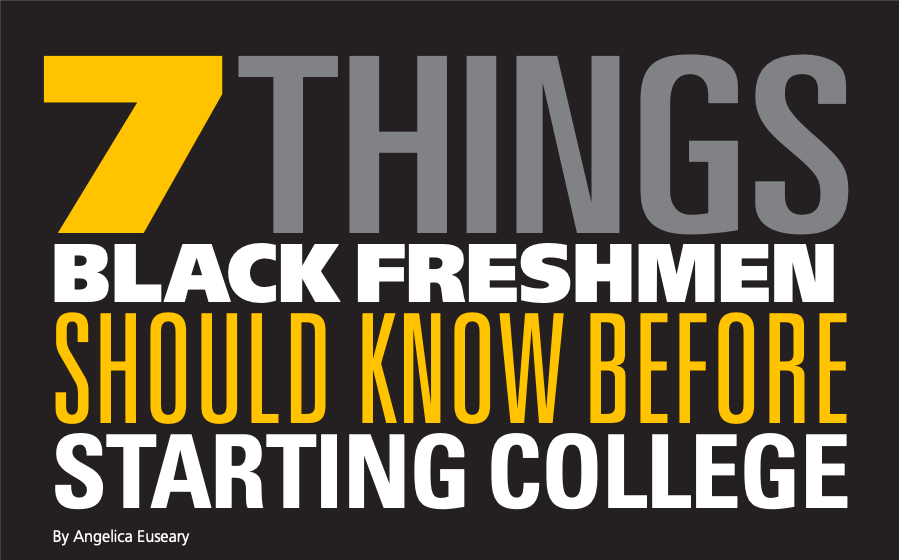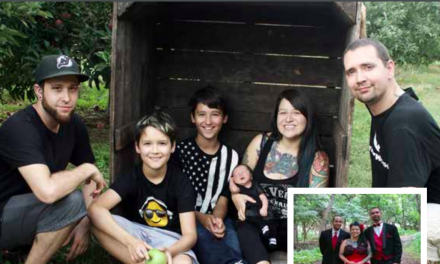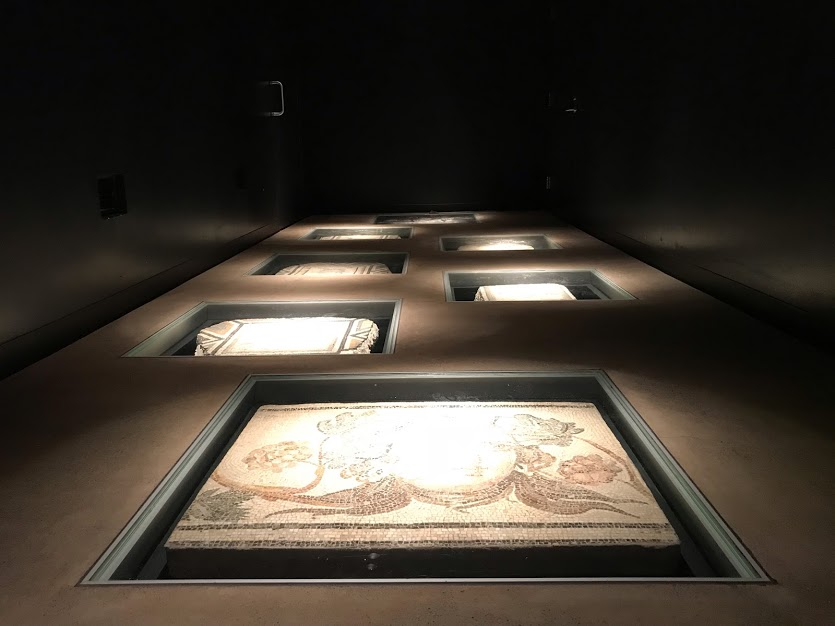

“Be the bigger person and be open minded to the white people around you.”
1. Culture shock is a real thing and that’s ok.
People usually associate culture shock with moving from a small place to a big one. Culture shock is possible with any change or transition in life. Entering a public white institution is a big deal, don’t down play it. As a black person, you are trying to further your education in a space that wasn’t meant for you. In a sense, you are an outcast. It’s okay for you to be shocked.
College towns are different and most of the time, smaller than a lot of places, possibly where you’re from. This is a new experience for you. This is probably the first time you’re away from home and in an unfamiliar place. For the first time in your life you have to do everything on your own: feed yourself, clean up after yourself and make sure you get to class and do all of your work. That on its own can be overwhelming. And you’re in a space that is foreign to you. It is okay to be a little surprised, this is the start of something new.
2. Find a safe space that works for you.
On top of being a little shaken up because you’re in a new place, at this point in your life, the world sees you as an adult and you could use a support system. Don’t be afraid to get involved, that’ll help you a lot. Getting involved will help you make friends and find a passion you can stick with. Finding your passion will help you grow and learn much more outside of the classroom. Your safe space is so important because that could potentially grow to be your support system.
A support system is vital to you being successful throughout your college career. It is important to have people in your corner because college can get rough, especially if you are away from home and your parents. Programs and organizations you get involved in will to lead you to resources. Some of the people you meet in college will be your lifelong friends, so don’t be afraid to go to meetings and make some new people. Find your home away from home in your safe space at your university.
3. You might be outnumbered in class, but don’t be afraid to speak up.
If you are a black student at a public white institution, there aren’t going to be a lot of students who look like you in classes and certain spaces. This goes along with the culture shock. Depending on your major, there might not be a lot of people who look like you in your classes. That takes some getting used to especially if you are from a predominantly black high school. Don’t let that scare you.
White people already have their own images of us and they’re really surprised in class when we can do things like they do, like form sentences. Don’t let the lack of black people in class make you feel like you’re speaking on behalf of the entire race when you do talk, just be yourself. It’s okay to be nervous in class, but step outside of your comfort zone and answer a question or two, say what’s on your mind. You might be doing more teaching than your professor and you’ll be surprised at the responses you get.
4. Sometimes white people won’t be culturally competent; they might touch your hair.
There are some people who have never seen black people in person before. The fact that they have never seen a black person in their 18 or so years of life leads them to be very curious about our culture and how we are. They’re usually just as shocked to see you as you are to see them. Their curiosity leads them to do certain things that might not be okay, like violate your personal space.
The most common is due to their ignorance on boundaries which is touching your hair. Don’t get physical with a white person if they do touch your hair. They literally do not know any better, trust me. As offensive as it is, you will still get in trouble for putting your hands on someone, even though they started it. If it happens to you, you can either tell them it’s not okay and explain why, or just walk away.
5. Don’t be afraid to educate your white peers but you don’t always have to.
Some white people are curious about black culture. They aren’t afraid to ask questions either, ignorant or not. They will ask about our hair textures, styles, how we dress and simply what it’s like to be us. Some white people might use a slur or two in front of you. Don’t let it shock you, but be aware of what they said. You can correct them or answer their questions, only if you want to. They might not even fully take in what you say.
If you do educate them, that’ll still be good, the more knowledge they know the better, trust me. You don’t always have to educate them; it is not your job. Their ignorance can be exhausting so you don’t always have to entertain it. You can simply lead them to Google, where everyone goes for information on things they don’t know. You don’t go to school to fix the racism people around you face or perpetuate, it’s impossible.
6. Don’t assume that all white people are the same, we do have some allies out here.
This is easier said than done. From what you’ve learned in class and the daily encounters you have with white people, it’s easy for you to not trust them. I know this from experience. Don’t block out all of them though. There are some white people who are not racist and educated on what is going on. These are people who can be a resource to you and are here to help you just as much as the next student.
White people are still people that you can take information and learn from. All of them are not bad and some want to actually help and create change. And it won’t help you at all being prejudiced towards them. Your prejudices could turn into much more disdain and result in you blocking something that might be for you. Be the bigger person and be open minded to the white people around you. You could learn something from them and they could learn something from you.
7. Take advantage of the opportunity placed before you.
Appreciate the fact that you are black and going off to college. A lot of people don’t get the opportunity to do what you’re doing. There are black people before you who fought for your right to sit in the classes you’re in today. There was a time when black people weren’t granted the opportunity to receive higher education, which was such a big disadvantage.
As a black person, it is important that you are here and willing to further your education at a higher level. There are black people who were given the opportunity to go to college and didn’t finish. Being in college isn’t as easy as it looks. Being black while trying to get your degree creates a whole different world of problems you have to face. If you use my tips and other resources when you need help, you will make it through your four or five years of undergraduate studies at a predominately white institution.









